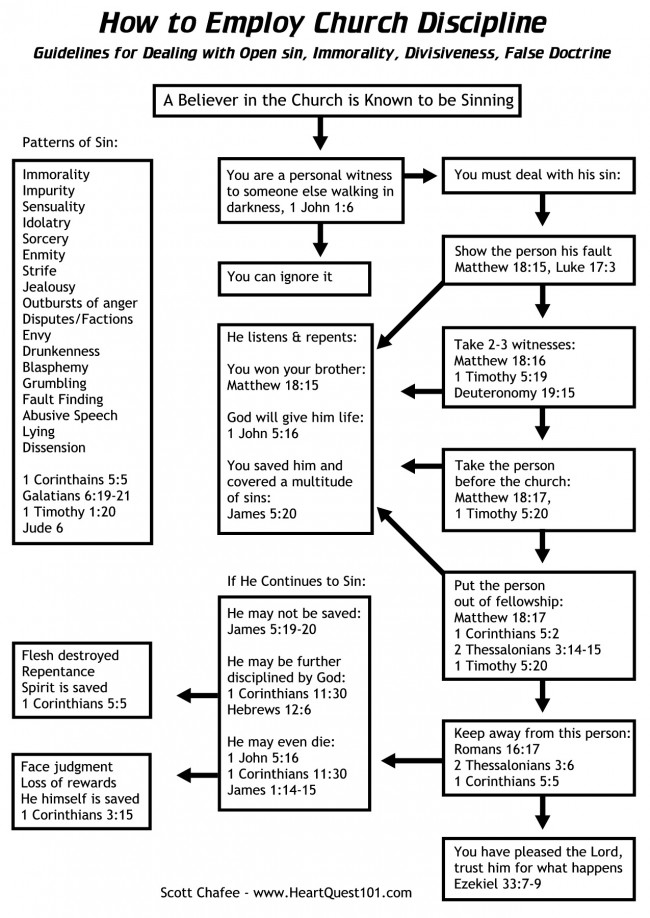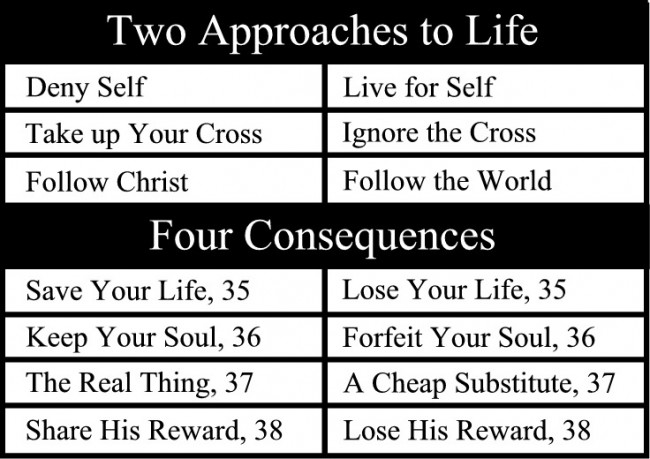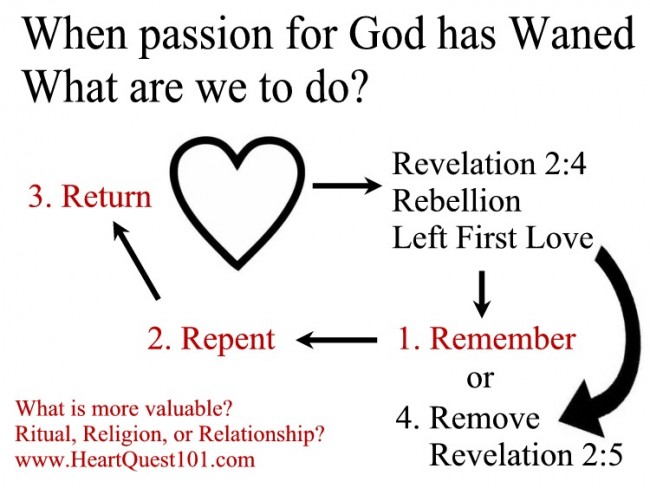My text today is from Acts 2:42-47 and Acts 1:8
The emphasis of this week’s chapter in the Thom Rainer book (I Am a Church Member) is on praying for church leaders, like…
- The staff, shepherds, and sheep
- His protection, perseverance, and preaching
- His physical, mental, and spiritual health
- His faithfulness, fidelity, and family, but let me broaden you prayer list to include…
- The church’s mission, vision, proclamation (MVPs)
- Mission
- Vision
- Proclamation
Pray for the Church’s Mission: The mission of KGBC is Knowing Christ and making him known. This statement incorporates two main functions: evangelism and discipleship. If we don’t do these two things, we cannot call ourselves a church. To see how we align ourselves with the mission of the early church, let’s go back to the birth of the church, in Acts 2.
Acts 2:42 tells us that “They were continually devoting themselves to the apostles’ teaching and to fellowship, to the breaking of bread and to prayer.”
This verse appears to be the lowest common denominator for a church, ground zero. These four essentials are what the church is all about. But the description of these events must be read in context, which is immediate follow-up care for new converts to Christianity, Just look back at Acts 2:41.
One key word I see in Acts 2:42 is the word “devoted,” and this continual devotion covers four main activities.
1. Teaching: which includes preaching, and this is not just any teaching, or some positive or motivational message, but the “apostles’ teaching,” which focused on the Word of God, the Bible. They were wholly devoted to the revelation of God and the sacred Scriptures. The apostles were men who were with Jesus from the beginning to the end of his earthly life. They shared the stories and the teachings of Jesus. Through the power of the indwelling Holy Spirit they were able to interpret Old Testament passages in the light of Christ and the cross.
Jesus had instructed them in what we call the Great Commission, to “Go therefore and make disciples of all nations, baptizing them in the name of the Father, the Son and the Holy Spirit, teaching them to observe all that I commanded you. And lo, I am with you always, even to the end of the age.”
Without an instruction manual, we can assume that they taught or explained the nature of salvation, Christ’s work on the cross, the commands of Christ, and other lesson on the Christian life.
Regarding the commands of Christ, have you ever looked over all the imperatives of Jesus in the gospels? Imperatives are parts of grammar that are in essence commands.
2. Fellowship: teaching without fellowship would be a school, a place simply to dispense information. Koinonia refers to close, mutual relationships, sharing a common life, getting involved with one another. They not only learned through teaching, but they lived through fellowship. This is where we discover the essence of small group ministry.
3. The Breaking of Bread: the Lord’s church is gathered around the table, while baptism is mentioned prior to these verses, we know the church is devoted to two ordinances. Baptism refers to our conversion to Christ and the Lord’s Supper refers to our communion with Christ. An acceptable and inclusive term would be worship.
There is debate over this phrase. The definite article in Acts 2:42, “the breaking of bread” would refer to observing the Lord’s Supper, but in Acts 2:46, there is no definite article and would indicate sharing a meal together. In reality, they likely shared meals together and at the end, they broke bread in remembrance of Jesus.
It is interesting to note that the three other features in this verse are spiritual activities (teaching, fellowship, prayer) that the fourth one here would also be spiritual.
4. Prayer: The verse also includes the definite article and can be read, “and to the prayers.” The temple had set times for prayer and the disciples attended in those early years. In the early church they used the Lord’s Prayer during these times, as we find in the Didache, an early church manual for the church (late first century, section 8 on fasting and praying) that the Lord’s Prayer is recited, three times per day. By the fourth century, John Chrysostom defined prayers as “conversations with God.”
The emphasis for us today is to spend time adoring our Lord and Savior, confessing sin, interceding for others, petitioning for God to provide, and thanking him for his provision.
While you can have more characteristics in the church, you really cannot have less than these four.
Pray for the Church’s Vision: a vision is what spiritual leaders must have and then effectively communicate and pass on to the church (the congregation). Acts 2:43-47 is what we might call the vision of the early church. Let me suggest that “community life” was the vision of the early church fathers.
Acts 2:43-47 – Everyone kept feeling a sense of awe; and many wonders and signs were taking place through the apostles. 44 And all those who had believed were together and had all things in common; 45 and they began selling their property and possessions and were sharing them with all, as anyone might have need. 46 Day by day continuing with one mind in the temple, and breaking bread from house to house, they were taking their meals together with gladness and sincerity of heart, 47 praising God and having favor with all the people. And the Lord was adding to their number day by day those who were being saved.
By the empowerment of the Spirit of God, he worked on their lives, integrity, trust, joy, confidence, dependence, unity, generosity, forgiveness, compassion, harmony, stability, grace… and what was the result (Acts 2:46-47)? (The Lord added to their numbers).
- A sense of awe – at the signs and wonders of the apostles. Everyone indicates those inside the church and outside of the church. The vision is to have a church that is empowered by our supernatural God, where awe at what God is doing here is a regular feature in worship.
- Sharing possessions – property was sold according to needs, the texts supports giving as needed, not turning over property due to force, like we find in communism. Nor was it a once for all disposal of property. The vision is to have people in the fellowship not only touched by Christ, but their wallets are touched as well.
- Day by day – Their spirituality was not just reserved for Sunday, but their faith permeated life throughout the week, day by day. The vision is to have people engaged with Jesus and with other believers every day, but not to the exclusion of engaging lost people (I’ll talk about that in just a moment).
- Continuing – indicated their commitment to the mission and the vision of the church. The vision is for people to have perseverance as they walk this narrow path with honor and integrity.
- One mind – indicates their desire for unity within the body of Christ, they had one mind. The vision is for all of us to be united in spirit and together strive to become more and more like our Savior.
- In the temple – this may seem odd in our one-day-a-week attending church, but the early believers tried to maintain ties with lost people in the temple in whatever capacity they could. It was much later, after the Jerusalem Council (Acts 15) where they decided that converts to Christianity need not become Jewish first. The vision is that people will no longer forsake the gathering of ourselves together, which is the habit of some… that is Hebrews 10:25.
- House to house – These home fellowship groups were the norm in the early church; it was not until about 300 years later that “church houses” were built so everyone could meet together (once Christianity became legalized in AD 313). The vision is to have believers engaging lost people in their homes. Most Americans say that their home is their refuge, away from the rest of this crazy world, but we must remember that JESUS is our refuge, and our homes are places of ministry. The ministry of hospitality is much more genuine than simply inviting people to church, where we hope they hear the gospel from a trained professional pastor. You may have heard the phrase “every member is a minister” but it is more accurate to say, “every member is a missionary” and I will explain that in a moment.
8. Meals together – this seems obvious but notice how these meetings were described: together, with gladness, and sincerity of heart. This goes back to their fellowship, being united in Christ. They had single-minded devotion to God with simplicity and generosity. Joy came from the heart and they felt no need to impress others. The vision is to be a missionary to your neighborhood, your workplace, the sports field, the community center, you name it. Taking the gospel outside of the walls of the church building.
Then we get to the results of our authentic Christianity:
- Praising God – This is the natural result of experiencing authentic Christian community; they remember the good things God has done in and through his people.
- Favor of outsiders – when people see that our faith is real, it speaks to the hearts of lost people. The early church won the admiration of those outside the church – their honesty, respect, passion, acceptance, joy, peace…
- Numerical growth – since all living things grow, and if the church is more of an organism than it is an organization, the church should grow. This growth came as a result of unbelievers seeing the genuine transformation as seen in the lives of disciples of Jesus. (See also Acts 4:4, 5:14, 6:7, 9:31, 11:21-24, 14:1, 16:5, 17:12).
They had all this growth in spite of intense opposition and persecution; sometimes this growth came because of it.
So, this mission of knowing Christ and making him know is clear within the church, and we can use the vision of the early church to guide us toward embracing a renewed vision at King’s Grant, but I have come up short, and perhaps you have noticed it. When I shared the mission section, I only talked about knowing Christ; I need to address the second part – making Christ known.
Pray for the Church’s Proclamation: let’s read Acts 1:8
This is the key to the whole concept of church: Acts 1 comes before Acts 2. Well, you might just be thinking, “well, duh!” So let me explain. We can talk a lot about what the church needs to look like, what it must include, and even get all excited about a vision for the future, BUT, if we focus on Acts 2:42-47 and leave out Acts 1:8, we are NOT the church.
For years, the churches all across America have used an “attractional” model in their evangelism strategy. By this I mean that through the years, evangelism has become an invitation to a church program. If we can only get my lost friend Bill to come with me to church, he can hear the gospel from a professional pastor. There is a flaw in the attractional model. How often are you able to bring an unchurched neighbor or co-worker to church? And for many of the believers here, when you are able to invite someone to come with you on Sunday, you can’t even sit with them because you are volunteering somewhere.
Here is an example: you spend time with Bill you invite him, to a Christmas program here at church, and at some point Bill becomes a believer! Then we tell him that he needs to attend church, read his Bible, get involved on some ministry team at church, and Bill seems to be losing his connection with lost people.
What if we trained Bill to maintain those old connections, partnering with a mature believer, and use those connections to the community center, school, social club, for God’s glory?
Missional: Let me share with you a better way. It is called a “missional model.”
In Genesis 12:1-3, look at what our missionary God said to Abram (later he named him Abraham):
1 Now the LORD said to Abram, “Go forth from your country, And from your relatives, And from your father’s house, To the land which I will show you;
2 And I will make you a great nation, And I will bless you, And make your name great; And so you shall be a blessing;
3 And I will bless those who bless you, And the one who curses you I will curse.
And in you all the families of the earth will be blessed.”
Using this very simple acrostic, you can effectively get the gospel past the walls of this building, and be confident that you are intentionally seeking God’s kingdom and interaction with lost people.
Begin with Prayer – remember that you are not trying to win people to the Lord, you are praying that God will reach your lost friends, perhaps through you, but that is not the goal.
Listen – ask lots of questions and honestly listen to their hurts, needs, struggles, joys, motivations,
Eat – this is an easy one; simply eat a meal with an unchurched person you know. It is amazing how sharing a meal brings down walls. It can be a fast food lunch or a dinner you prepare at home. It is an interestingly inconsistent that we would desire someone to be saved (and spend eternity with them in heaven) yet don’t invite that person into our home.
Serve – out of our listening and eating with people, how can we take what we heard to help meet their needs, how can we serve them, do things for them, expecting nothing in return?
Story – at this point there are two stories that you are seeking to share, YOUR story and HIS story.
We must be a praying church: and not just for an illness, an upcoming surgery, or safety when we travel. I mean a praying church where we spend time on our faces before God pouring out our hearts to God over lostness, broken families, unreached people groups, martyred Christians in the middle east, women and children trapped in the sex trafficking industry, men addicted to pornography, and yes, praying for opportunities to put in a good word for Jesus and then the strength to actually DO IT.
Ask God to give you a vision of being a part of authentic Christian community through the small groups that we offer here.
Better yet, pray about how you can actually use your home as a ministry tool.
Ask God to help you BLESS people each week.
[print_link] [email_link]


